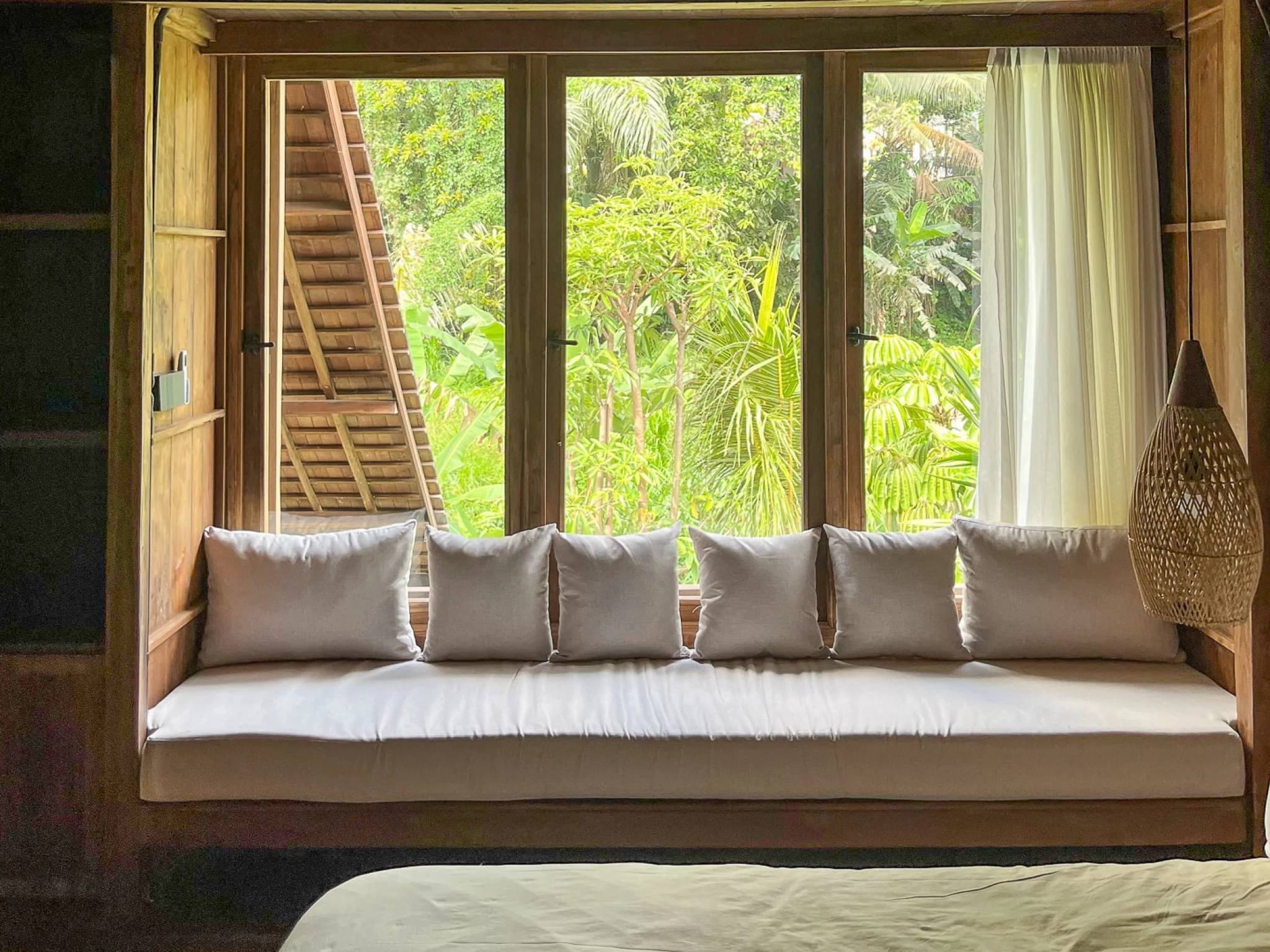Investissement Villa Bali
Aug 12, 2025
sustainable property development in bali: from trend to standard
Bali’s real estate sector is undergoing a quiet revolution. What was once considered a niche or luxury add-on — sustainability — is rapidly becoming an industry standard. With global awareness rising and both foreign and local buyers prioritizing eco-conscious living, sustainable property development is now shaping the future of Bali’s built environment.
1. The Shift Toward Sustainability in Bali
Over the past decade, Bali has witnessed a construction boom. From boutique villas in Uluwatu to large-scale resorts in Ubud, development has often been rapid — and at times, unregulated. However, today’s market reflects a growing demand for ethical, responsible, and environmentally respectful projects.
What’s driving the shift?
Eco-conscious buyers and travelers
Rising utility and waste management costs
Government interest in preserving Bali’s natural identity
Brand value associated with sustainability
In short, sustainability is no longer just an ideal — it’s a market expectation.
2. What Makes a Property “Sustainable” in Bali?
While there is no one-size-fits-all definition, a sustainable development in Bali typically includes:
Eco-Friendly Building Materials
Using reclaimed wood, bamboo, low-impact cement, and natural stone sourced locally to reduce carbon footprint.
Installing solar panels, LED lighting, and proper insulation to reduce energy consumption.
Rainwater harvesting, greywater recycling, and eco-septic systems to prevent water waste and pollution.
Native plant use, permaculture gardens, and water-efficient designs that blend with the natural terrain.
Minimal Environmental Disruption
Responsible land use, respecting natural topography, and avoiding mass clearing or coastline overdevelopment.
3. Growing Demand from Eco-Conscious Buyers
Today’s property investors — especially millennials and Gen Z buyers — are more likely to ask questions like:
Is the villa powered by renewable energy?
How is waste handled on the property?
Was the land ethically acquired and developed?
This shift is influencing not just how homes are built, but how they’re marketed. A “green” property in Bali can now command a premium price, attract more short-term renters, and provide a stronger resale value in the future.
4. Legal and Regulatory Landscape
Indonesia is beginning to show stronger support for sustainability through initiatives such as:
Green Building Council Indonesia (GBCI) certifications
Local zoning rules encouraging low-density and eco-focused development
Discussions around tax incentives for green projects
While Bali does not yet enforce strict eco-building codes, the regulatory trend is moving in that direction. Developers who adopt sustainable practices now will likely be better positioned for future compliance.
5. Spotlight: Successful Sustainable Developments in Bali
Several developers are already setting new standards:
Bambu Indah (Ubud) – A pioneer in sustainable luxury, built entirely from bamboo and recycled materials.
Green School & Green Village (Sibang) – World-renowned for circular design, community engagement, and off-grid solutions.
Kura Kura Bali (Serangan) – A planned smart, eco-city that integrates technology, wellness, and green living.
These projects prove that eco-development is not only viable but also commercially successful in the Bali market.
6. Investing in Green Real Estate: Why It Makes Sense
For investors, sustainable properties offer tangible advantages:
Lower operating costs (energy, water, maintenance)Stronger rental appeal, especially for conscious travelersFuture-proofing against evolving regulationsPositive brand image and alignment with ESG goals
Moreover, with rising global awareness, sustainability is no longer a niche — it’s a global real estate standard in the making.
Conclusion: The Future Is Green — and Already Here

As Bali continues to grow, sustainability must move from option to obligation. Buyers, developers, and investors alike are realizing that building with the planet in mind is not just the right thing to do — it’s also the smart thing to do.
Whether you're planning to build, buy, or
invest in Bali, choosing sustainable development is no longer just trendy — it's essential.